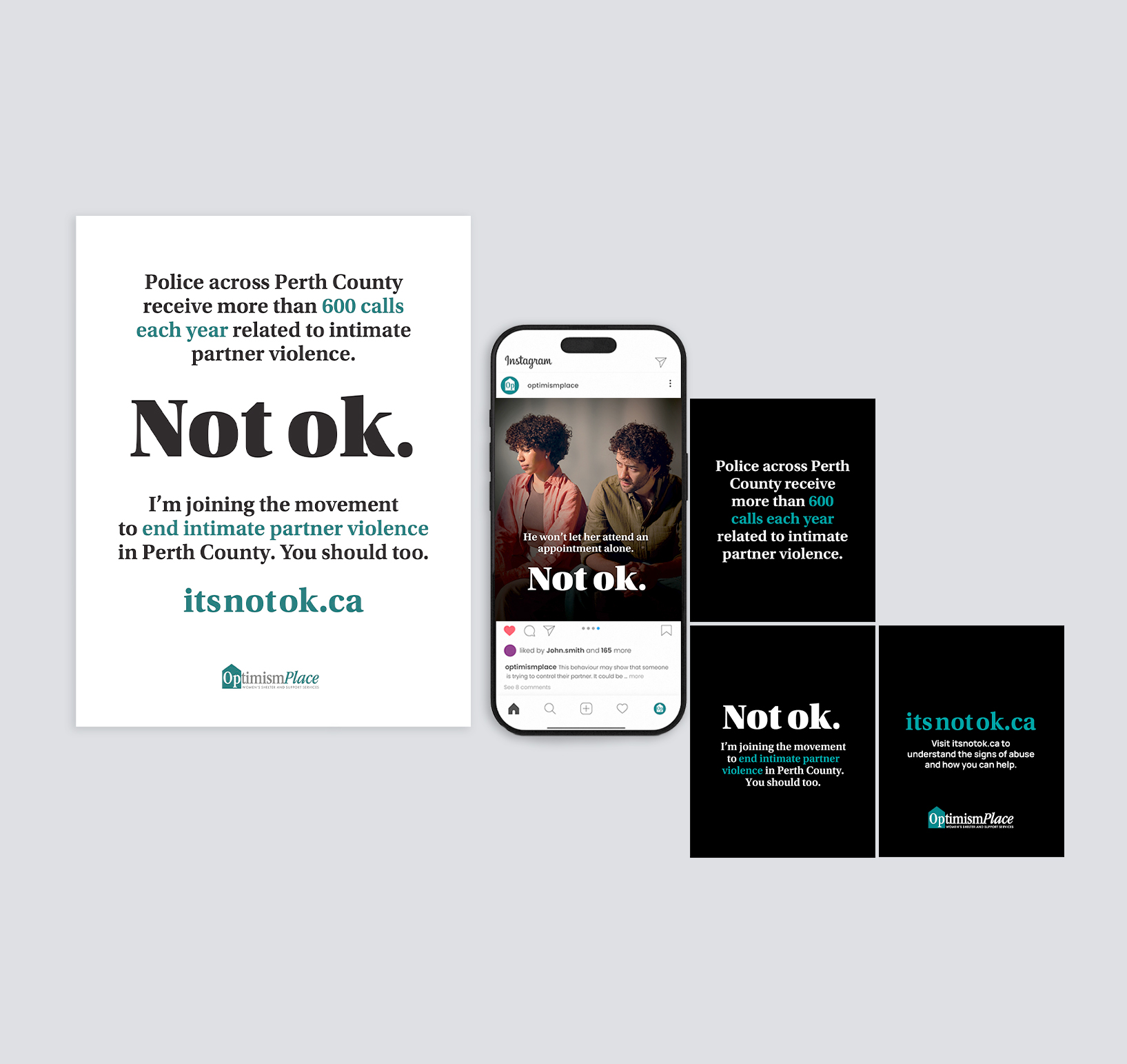Safe Ways to Help
It can be hard to know what to say when you think someone might be in an unsafe relationship. These four steps will help you start the conversation, listen with empathy, and guide them toward safety and support.
Does your partner…
- put you down, embarrass you in front of others, call you names, or shame you?
- prevent you from talking to or seeing your friends or family, or make it difficult for you to go to work?
- leave you “walking on eggshells” because they want to know where you are and who you are with?
- accuse you of cheating, frequently checks your phone or is possessively jealous?
- threaten to hurt themselves, you, or your children, family members or pets?
If someone you care about has told you about abuse in their relationship, or you have a sense that something isn’t right, you likely want to say, “leave.” But your goal in this conversation is to listen so she feels heard and validated.
“I’m so sorry this is happening to you” is your best response, acknowledging that it is not ok and that you want to support her through this challenging time. Keep the focus on her, and not on her decision to stay in the relationship.
You can work with her to create a safety plan that includes a code word you both know to signal an emergency; open your home as a safe haven if she decides to leave the relationship; and have a list of key contacts ready. Part of this plan can include arranging transportation or providing financial support as well as creating a safety bag. A safety bag can include essential toiletries and medications, important ID documents, phone charger and change of clothes.
Perth County has supports available for women who are experiencing intimate partner violence. Optimism Place has a 24-7 support phone line (519-271-5550) available for women or their friends and family members so that you can talk through the situation with a professional. Optimism Place can also provide emergency shelter, transportation, legal support, referrals and other wrap around supports. Just calling can help you know what to do next.

Resources & Tools
Use the Not ok. campaign toolkit to show your support. Download and share the social media posts, print a poster for your window, and help make abuse visible in your community. Every time you talk about abuse or share materials, you take another step toward ending the silence.
Join the Movement
Get involved and help build a safer community.
As a volunteer, you’ll help make intimate partner violence visible by delivering campaign resources, speaking with local businesses and community organizations, and supporting other awareness activities.
Fill out the form to let us know you’re interested. Together, we can educate others and ensure support is always here for women in our community.


